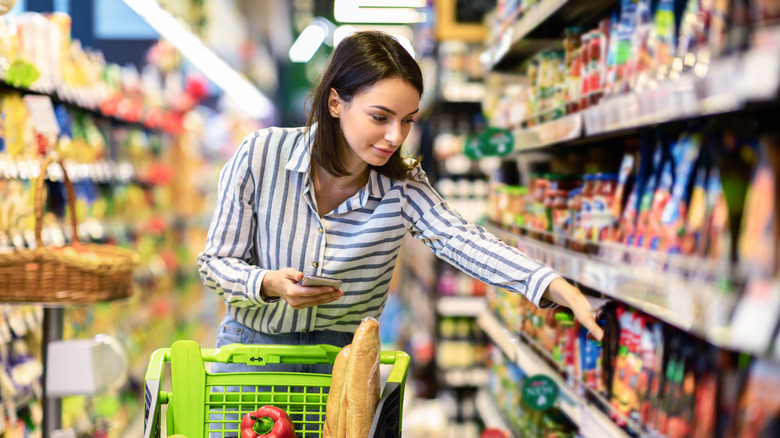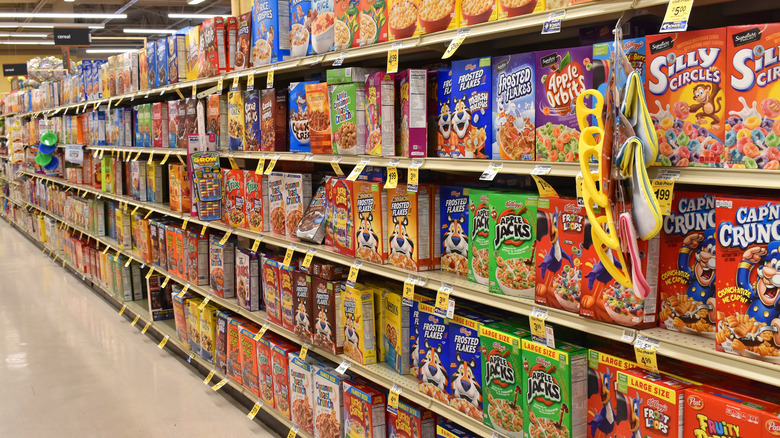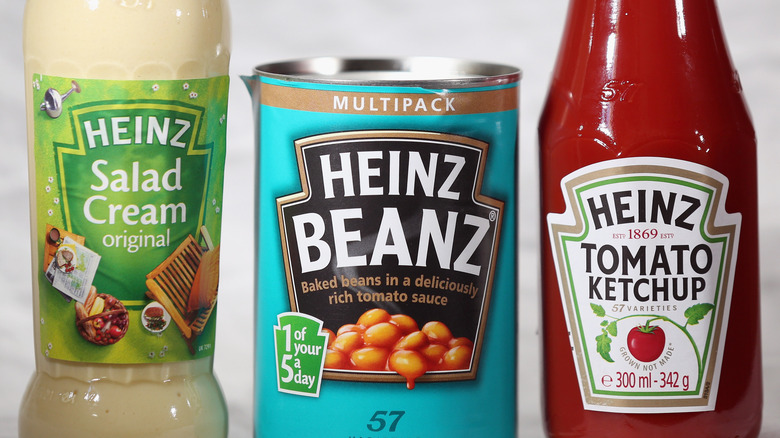How Inflation Is Really Affecting Spending Habits
Back in January, when current inflation had just begun to soar, an Ipsos poll reported that 80% of consumers were planning to change the way they spend money should inflation continue on its upward trajectory. While some said they would spend less and buy fewer things, 42% percent said they would "buy more on promotion," 35% said they would "buy cheaper brands," and 26% said they would turn to store brands. Another behavioral change? People said they would stop eating out as much and cook at home instead.
With inflation showing no sign of backing down, the January poll is turning out to be more prophetic than grocery and restaurant executives would perhaps like — particularly since the behaviors that a number of people adopted during the pandemic, like eating more at home, has become a more permanent way for them to cut costs, per The Wall Street Journal. "We are planning for rising inflation and reduced consumer-spending power to lead to an increase in at-home eating and other value-seeking behaviors," said General Mills CEO Jeff Harmening, who, during his company's earnings call, said they were expecting production costs to rise by 14%.
Food costs aren't keeping brands from reporting record profits
But food conglomerates aren't exactly winning any favors among consumers, especially since these food giants are seen to be reaping record profits even as the cost of raw materials are soaring. To name just a few: Cheerios manufacturer General Mills, which the Star Tribune says has raised its prices several times to respond to rising costs, reported profits of $822 million in the period from March to May (nearly twice the amount from the same period a year ago).
Tyson Foods said its net income for the second quarter came in at $829 million, or up 74% from the same period last year, per TB&P. And, per Deli Market News, Kraft Heinz didn't let inflation and supply chain woes keep it from racking up net sales of $4.2 billion domestically, plus a net income of $781 million overall — representing an increase of 37.5% from the year before.
Customers want products' value and price to match
For food brands, the consequences of failing to meet consumers' expectations are straightforward. Per Ipsos, if a product's price increase isn't aligned with a customer's "perceived value" of the product, "and the consumer feels the product is no longer worth the extra money, they will trade down to an alternate product" or decide not to buy it altogether.
Kraft Heinz is already feeling the impact of that misalignment in the U.K., where its products are the subject of a boycott by irate British supermarket chain Tesco, which has pulled Heinz's baked beans, ketchup, and salad cream from its shelves, per The Guardian. As one spokesman put it, "With household budgets under increasing pressure, now more than ever we have a responsibility to ensure customers get the best possible value, and we will not pass on unjustifiable price increases to our customers."
The spokesperson added: "We're sorry that this [the Heinz boycott] means some products aren't available right now, but we have plenty of alternatives to choose from and we hope to have this issue resolved soon." Given this, expect store brands and private labels to have a bigger presence on grocers' (and consumers') shelves, per Modern Retail.


